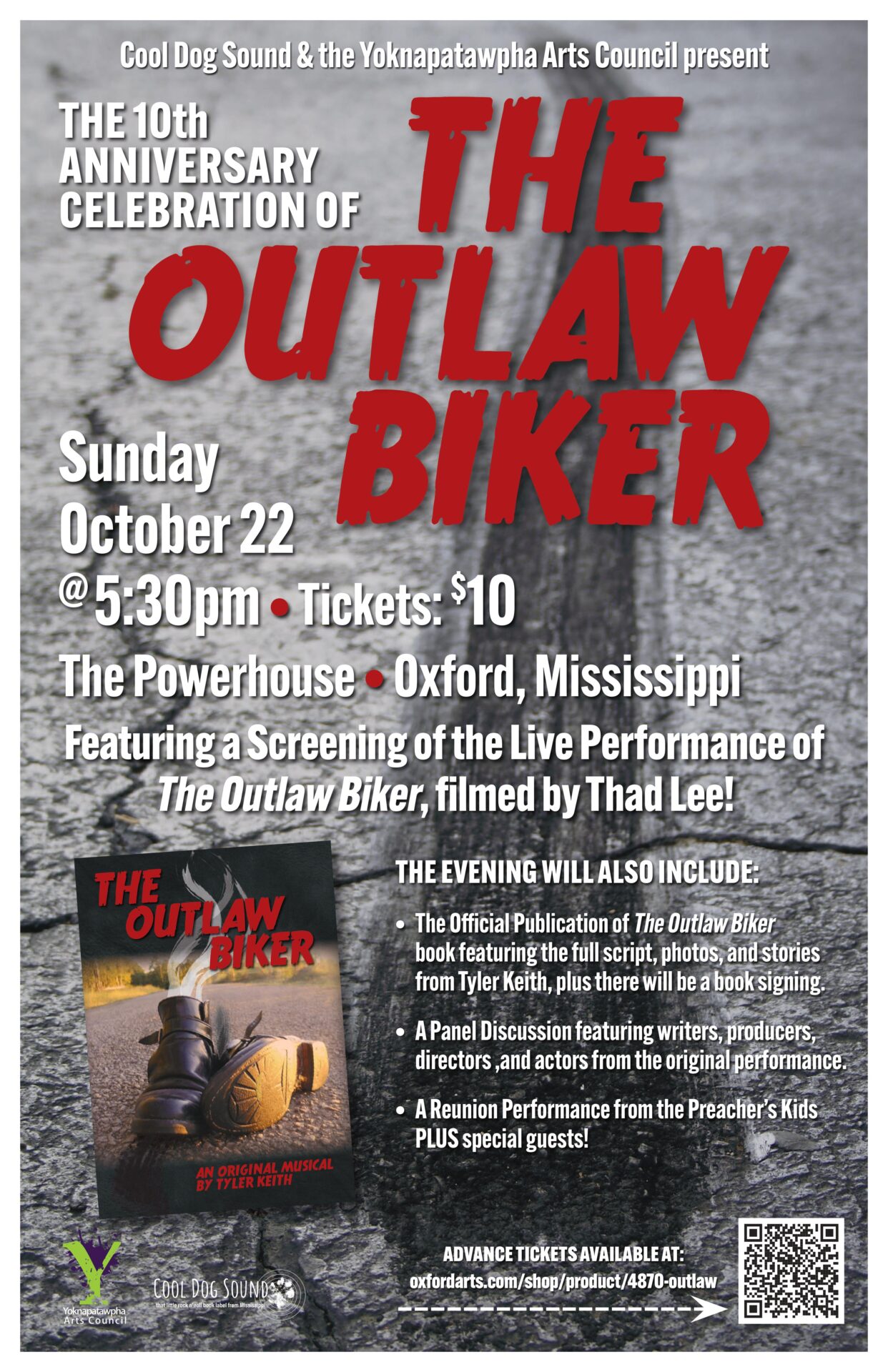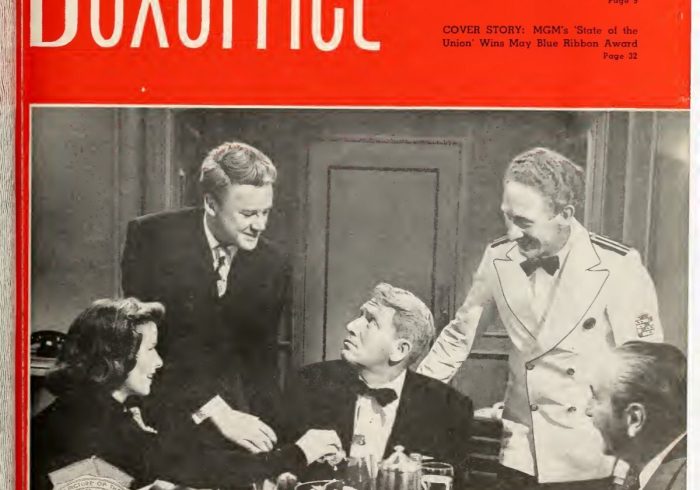According to reports in local media, the Australian Labor Government is set to reject an outright ban on gambling advertising on TV.
The proposed ban would have put a ban on all forms of gambling ads on television, radio, newspapers and online within three years. This followed a parliamentary inquiry, chaired by the late Labor MP Peta Murphy.
However, the Sydney Morning Herald has claimed that five independent sources within the government have confirmed that the ban will be rejected in favor of placing limits on TV ads. The government instead proposes a limit of two gambling ads per hour on every channel until 10pm. There will also be a ban on ads running an hour before and after televised live sporting events.
At present, gambling ads during live sports are not allowed from five minutes before play until five minutes after, between 5 a.m. and 8:30 p.m. After 8:30 p.m., the ads are allowed before and after play, as well as during breaks.
Despite blocking the TV ads ban, the government will move forward with a blanket ban on all gambling ads on social media and all online platforms.
The plans are not set to be publicly announced for several weeks.
It has been suggested that the ban, which was publicly supported by Peta Murphy prior to her death, should be named ‘Murphy’s Law’ to honor the late MP’s legacy.
Prime Minister Anthony Albanese has consistently expressed his intention to honor Murphy’s legacy and agrees with the view that the volume of ads should be reduced. However, he has not committed to a full ban, stating in February that there are still issues the government needs to address.
“I myself have met with people like Tim Costello about these issues, and we’re working through them to make sure that any action doesn’t have unintended consequences because that’s what good governments do.”
Ban’s Opposition
Unsurprisingly, the ban has been opposed by gambling operators and media companies. But there has also been widespread opposition to the blanket ban from several sporting codes as clubs and associations rely heavily on revenues from betting ads.
Australian Rugby League Commission chair Peter V’landys and AFL chief executive Andrew Dillon have spearheaded a vigorous behind-the-scenes lobbying effort against a gambling ban, cautioning that grassroots sports will be adversely affected if tens of millions of dollars in gambling revenue are lost.
Meanwhile, media companies such as News Corp, Nine Entertainment, and Seven West Media have warned that a ban could jeopardize jobs and their capacity to produce and deliver content.
However, some gambling firms such as PointsBet, which no longer advertises on TV before 9.30pm, and Tabcorp do not oppose a ban. Tabcorp has publicly declared that would welcome greater limits on ads.
According to the Australian Communications and Media Authority, over 1 million gambling ads were broadcast on free-to-air TV, radio, and online in the 12 months leading up to April 2023, costing $238 million.
The latest Australian gambling statistics show that Australians lead the world in per capita spending on legal gambling, losing $25 billion every year.
The Australian government recently made the decision to reject a blanket ban on TV gambling ads, sparking debate among lawmakers, industry experts, and the general public. The decision comes after months of deliberation and consultation with various stakeholders in the gambling industry.
The proposal for a blanket ban on TV gambling ads was put forward as a way to address concerns about the impact of gambling advertising on vulnerable populations, particularly children and problem gamblers. Proponents of the ban argued that the constant bombardment of gambling ads on television was contributing to the normalization of gambling and increasing the risk of addiction among susceptible individuals.
However, opponents of the ban, including major gambling operators and broadcasters, argued that a blanket ban would have a significant negative impact on their businesses and could potentially drive consumers towards unregulated or offshore gambling operators. They also pointed out that the government already has strict regulations in place to ensure that gambling ads are not targeting minors or promoting irresponsible gambling behavior.
In the end, the government decided to reject the blanket ban on TV gambling ads, opting instead to implement stricter regulations and guidelines for gambling advertising on television. These new regulations will include measures to limit the amount of gambling ads that can be shown during certain times of the day when children are more likely to be watching TV, as well as requirements for ads to include responsible gambling messaging.
While some critics of the decision argue that it does not go far enough in protecting vulnerable populations from the harms of gambling advertising, others believe that it strikes a balance between protecting consumers and allowing businesses to operate within a regulated framework.
Overall, the rejection of a blanket ban on TV gambling ads by the Australian government highlights the complex and contentious nature of regulating gambling advertising in today’s media landscape. It remains to be seen how effective these new regulations will be in addressing concerns about the impact of gambling advertising on society, but it is clear that this issue will continue to be a topic of debate and discussion in the years to come.





